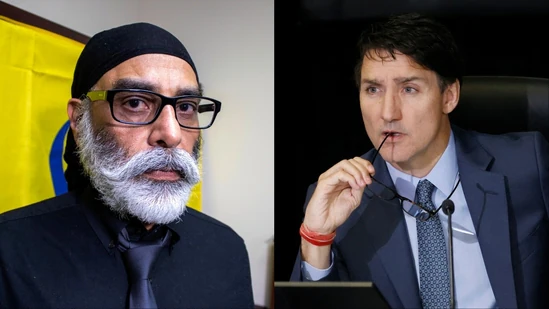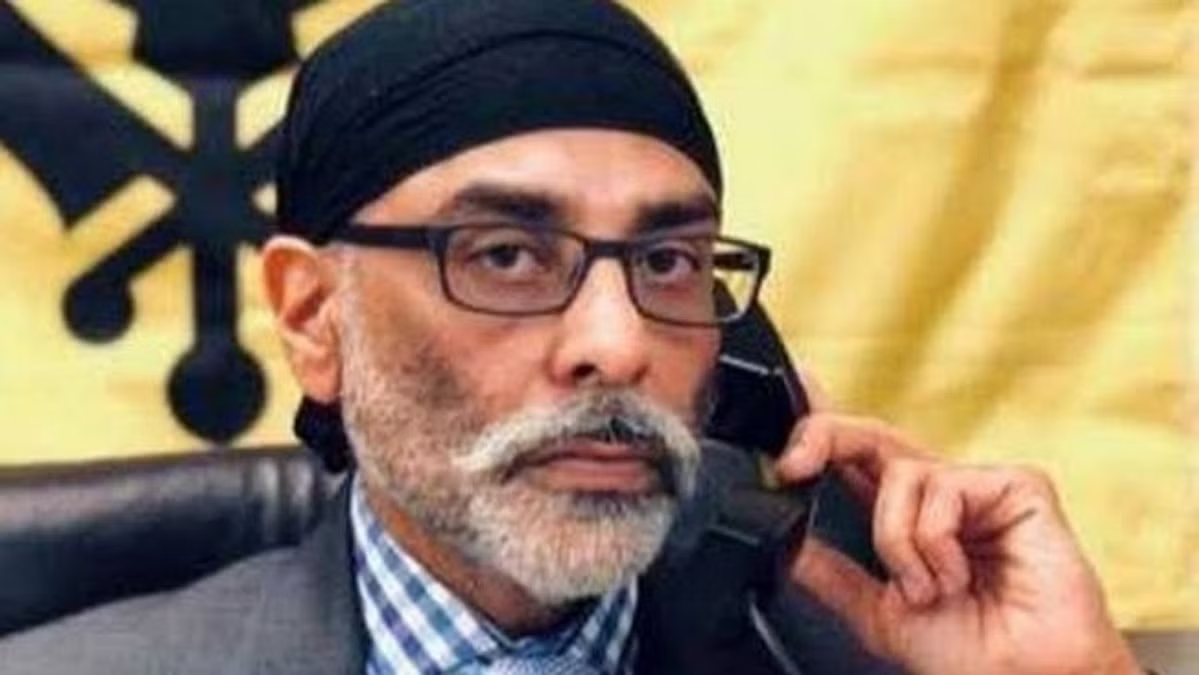Key Highlights:
Gurpatwant Singh Pannun, one of the most vocal Khalistani separatist leaders, has lately gone as far as to claim that the Indian government maintains an intelligence network in the United States and Canada operating in secret to monitor and target Sikh activists. A stalwart supporter of an independent Sikh state, Khalistan, Pannun says such a network exists all over North America, with Indian officials using diplomatic missions to back their operations.

The allegations come at a time of heightened diplomatic tensions between India and Canada, following the latter’s claims that Indian agents may have been involved in the killing of Sikh activist Hardeep Singh Nijjar on Canadian soil earlier this year.
Allegations by Pannun Against Indian Intelligence Agencies
He says he is the general counsel for Sikhs for Justice, a Sikh advocacy group, campaigning for an independent Sikh state. According to him, Indian intelligence officials have targeted Khalistani activists and pro-Khalistan groups. Pannun made the claims in interviews over the last two to three years, alleging that SFJ had alerted the PMO of the alleged tactics adopted by Indian operatives for espionage purposes. He claims the spy network has included diplomatic personnel allegedly using their positions to gather intelligence on Khalistani leaders and activists, including those tied to the controversial Nijjar assassination.

According to Pannun, the high-ranking Indian diplomats involved indicate a larger policy of India to crush the Khalistan movement through extra-judicial means such as intimidation, espionage, and, in some cases, attempted assassination on foreign territory. Canadian authorities have registered their concern over such activities, though they have not brought forth concrete evidence to establish Pannun’s claim.
Diplomatic Fallout and the Growing India-Canada Divide
Ever since Canadian Prime Minister Justin Trudeau publicized his suspicion of Indian involvement in the killing, tensions between India and Canada have increased. As retaliation, Canada expelled multiple Indian diplomats, which was later reciprocated by India. The allegations strained what was otherwise a friendly relationship between the two nations; hence, Canada insisted that Nijjar’s assassination requires a proper investigation of what happens within Indian borders.
Pannun’s claims are adding further pressure, as he is charging that Indian intelligence networks are also functioning in the United States. This assertion comes in the wake of the US Department of Justice indictment of Vikash Yadav, a former Indian intelligence officer, who was accused of plotting an assassination attempt on Pannun in New York. The US government actions, therefore, indicate that they will not hesitate to book foreign operatives for their wrongdoings on American soil, and the seriousness of the matter is further amplified.
Legal Consequences and Role of SFJ
Pannun has been raising a hue and cry that Indian operatives are threatening him due to his activities organizing referendums for the cause of Khalistani freedom. Indian authorities have responded angrily to SFJ plans, such as those announced earlier this year for voting on Khalistan’s independence later this year in New Zealand. Pannun says these activities put a “target” on his head, citing the Nijjar case as part of a broader campaign by Indian intelligence to disrupt Sikh activism abroad.
The recent US Department of Justice move to indict Indian agents reportedly involved in a plot to assassinate Pannun reflects increasing global concern about foreign interference in the domestic affairs of any country. US officials argue that the indictment of Yadav was necessary to safeguard constitutional rights of American citizens and residents. The case represents one of the most direct confrontations between the US and India over allegations of transnational repression.
SFJ Advocacy and India’s Denial
India has dismissed the allegations and diplomatic row by calling the accusations politically motivated and baseless. The Indian officials believe that groups like SFJ have ties with anti-India groups, and the activities of SFJ are considered destabilizing. In India’s opinion, Pannun’s claims are an attempt to gain political mileage and support from the Sikh diaspora.
Indian authorities maintain that Pannun’s accusations lack concrete evidence and stress that their diplomatic missions operate within the bounds of international law. Nevertheless, Canada and the US have continued their investigations into these allegations, reflecting the ongoing concern about possible interference by foreign states in North American countries.
Conclusion: Ongoing Implications for India and North American Relations
As the accusations continue to unfold, the diplomatic fallout from the alleged Indian spy network could have lasting impacts on India’s relations with Canada and the United States. For Pannun, these allegations serve to underscore his advocacy for Khalistan and bolster his claims of persecution, while for India, they represent yet another challenge in managing its complex relationships with diaspora communities and foreign governments.
Whether these claims will have any substantive impacts on the Indian diplomatic policy remains to be seen, but it is clear that the current investigations by the authorities of Canada and the US indicate growing intolerance for any foreign-led action that compromises their domestic security and the rights of their citizens. While the SFJ and its pro-Khalistan lobbyists continue to mount their campaign, the ripples of Pannun’s allegations will have considerable impacts on regional security, diplomatic ties, and the Sikh community’s activism on an international scale.
For Latest News Updates Click Here
